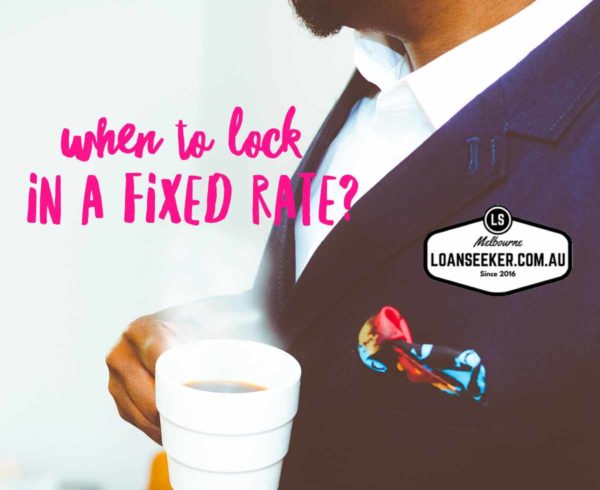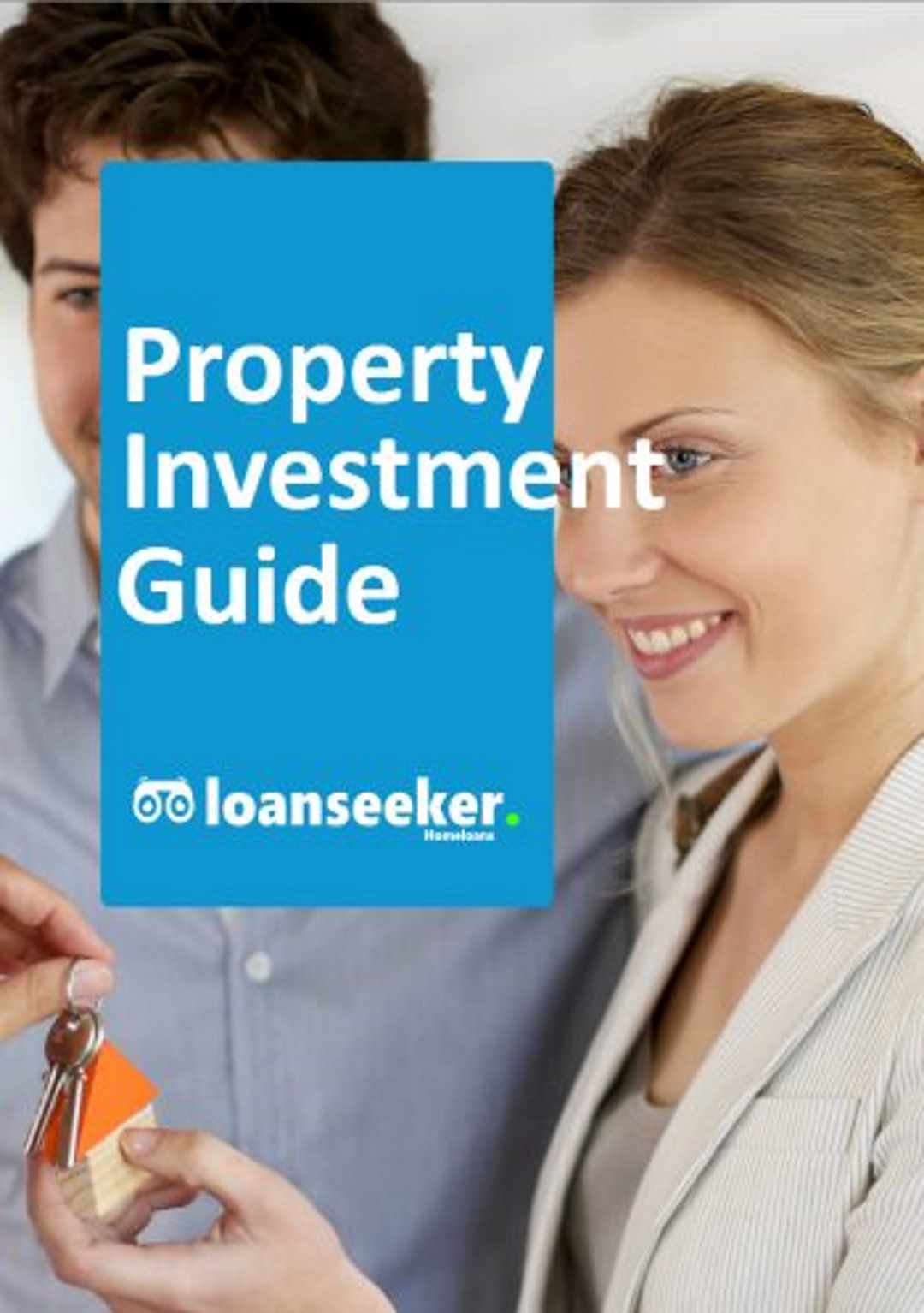7 things property investors should know but don’t
Investment Property – For the property investor, the more your learn the more you earn
When we discussed the 4 top tips for the property investor to make the best property investment decisions, we looked very briefly at just how good property investment is when compared to other investments such as the stock market. Even given the huge outperformance of around 300% in less than 20 years, it upsets me to see so many new property investors continually failing to make the profits they should do.
By analysing hundreds of meetings with new property investors, we’ve come up with a list of the 7 things property investors should know before investing. Get these under your belt before starting out and you won’t just match the out performance of property investment, you’ll smash right through it – and that really will transform your life.
-
For the property investor, cash flow is king
The one thing that will make or break your property investment potential is cash flow. In fact, lack of cash flow is the biggest killer of new businesses, too.
Before you part with your money (and the bank’s) sit down with your calculator and work out what your cash flow position will be. You’ll need to consider your mortgage interest, repairs and maintenance (which are practically zero if you’re investing in new build, perhaps off-plan property), property management costs, and so on.
I’d always advise in building in some contingency, for example by allowing for a rise in interest rates. Never cut the calculation to the bone and think that nothing will go wrong: being prepared for the worst is the best way of making sure your property investment is viable and sustainable in the long term.
- Cash flow is king, but research is the key to great property investment
Never invest in property – or anything else – without conducting in-depth investment research. You’ll never make money by investing in something you don’t understand.
When considering an investment, you’ll be looking for evidence of impact of infrastructure on investment opportunities, and you should also take time to find out what rental demand there is likely to be and the realistic rental income you should achieve (an essential piece of knowledge when making your cash flow projections).
-
No matter how well you plan, you’ll have void periods
No matter how good your marketing is and how much you spend, you’ll find that you have void periods. If you use a great property manager that has plenty of pre-vetted tenants waiting to rent, you’ll reduce these void periods to a minimum, but they’ll still be there. If for no other reason, it takes time to move one tenant out and prepare the property for the next.
So, build these into your cash flow projections too, being conservative about the ability of your property investment to attract new tenants at will.
-
You can and should insure as a buy-to-let property investor
Landlords insurance is essential. There are no two ways about it. Take insurance and protect yourself against damage, void periods, emergencies and legal expenses. It’s an extra expense, but it is a tax deductible that makes sense for your property investment every time. You ensure your car, your life, and your home… insure your property investment, too.
-
There are more than two ways to profit from property investment
When we speak to new property investors, the majority understand that they can profit by taking a monthly income (rent) and by the long-term capital gain (rise in property value). But there are other ways that you can profit from property investment, too.
For example, every time your tenant pays rent, and you pay some capital off your mortgage, you are benefitting from an increase in equity. Eventually, this will allow you to take equity from one property and use as a deposit on a second. This creation of equity will help you build a substantial property investment portfolio over time.
You might also make repairs (that are tax deductible) or improvements (that aren’t tax deductible), which will increase the rental value or actual value of the property. Before you do so, make sure that you’re getting value for money and adding value.
-
There’s usually a trade-off between income and capital gain
If you look at the way that property prices rise in relation to rent generated, it’s usual to find that higher yield properties are generating less capital gain. There are many reasons for this, and here we go back to doing your research. For example, it might be that an area is mostly favoured by homebuyers rather than renters – the demand sends prices rising, but rental values don’t follow.
Conducting in-depth research will ensure that you find the property that produces the type of gain you’re looking for, and provides the best potential for both capital growth and income.
-
There are always taxes!
There are taxes when you buy property (stamp duty), taxes when you rent out property (income tax), and taxes when you sell the property (capital gains tax). You can plan for these and reduce them as much as possible by using different property investment strategies, but your main objective should be to invest in the right property rather than avoid taxes.
When you started out as a property investor, what mistakes did you make? (I know I made plenty.) What worries you most about investing in property for the first time? Have you ever been caught out by a void period you weren’t expecting? Does your investment advisor work through cash flow projections with you?
If you have found The “7 things property investors should know” article useful then…..
Give us a call on 03 9398 4862 and we’ll be happy to offer our experience for your benefit.
Cheers,
Matt Reece
Senior Mortgage Broker
Loanseeker
Loanseeker Compares Home Loans from over 40 Lenders.
We search 1000’s Home loans. So we are sure we can find the right loan for you. Have Bad credit? No Problem.






